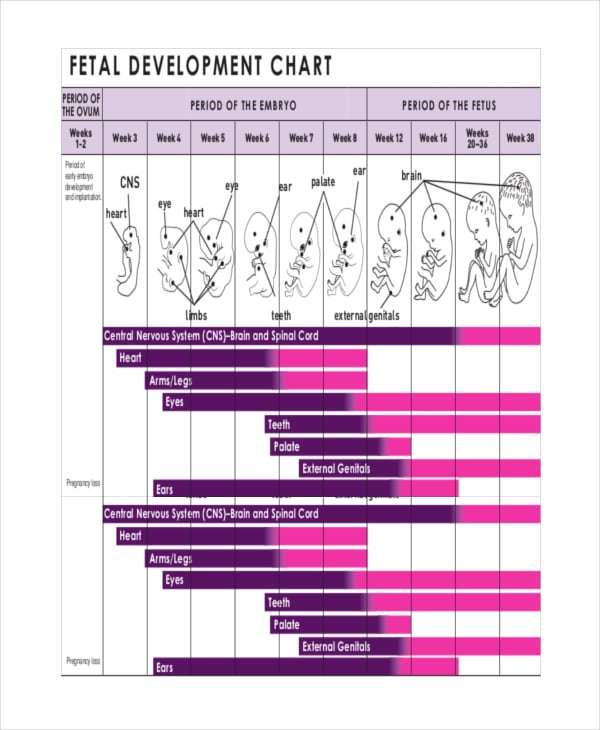
As a new parent, it can be overwhelming to keep track of your baby’s growth and development. That’s why having a baby development chart weekly can be a helpful tool to ensure your baby is hitting all of their milestones. From their first smile to their first step, tracking your baby’s development can give you peace of mind and help you identify potential issues early on.
Table of Contents
Week 1
In their first week of life, your baby will likely be sleeping a lot and eating frequently to gain back the weight they lost after birth. They may also be able to turn their head towards a familiar voice or sound.
Week 4
At one month old, your baby may be able to lift their head for a few seconds while on their stomach. They may also begin to coo and make eye contact with you.
Week 8
By two months, your baby may be smiling and laughing in response to you. They may also be able to hold their head up for longer periods of time and follow objects with their eyes.
Week 16
At four months, your baby may be able to roll from their stomach to their back and vice versa. They may also begin to babble and grab at toys with their hands.
Week 24
By six months old, your baby may be able to sit up with support and even without assistance for a few seconds. They may also start to imitate sounds and reach for objects with more precision.
Week 32
At eight months, your baby may be able to crawl, pull themselves up to standing, and even take some steps while holding onto furniture. They may also be able to say “mama” or “dada” and understand simple instructions.
Week 40
By 10 months old, your baby may be walking on their own or taking a few independent steps. They may also be able to wave goodbye and point to objects they want.
Week 52
At one year old, your baby is likely walking confidently and may even be trying to climb stairs. They may also be able to say a few simple words and understand more complex instructions.
It’s important to keep in mind that every baby develops at their own pace and hitting milestones a little earlier or later than average is completely normal. However, if you have concerns about your baby’s development or if they are not hitting any milestones at all, it’s important to talk to your pediatrician.
Having a baby development chart weekly can also be a helpful way to track your baby’s growth and progress. You can find printable growth charts online or use a baby tracking app to keep everything organized and easily accessible.
Frequently Asked Questions
What if my baby isn’t hitting any milestones?
It’s important to talk to your pediatrician if you have concerns about your baby’s development or if they are not hitting any milestones at all. Your pediatrician may refer you to a specialist or recommend early intervention services to help your baby catch up.
What if my baby is hitting milestones earlier than expected?
While it’s important to celebrate your baby’s achievements, hitting milestones earlier than expected can also be a sign of developmental issues. Talk to your pediatrician if you have concerns or if your baby is skipping multiple milestones altogether.
What should I do if I lose track of my baby’s milestones?
Don’t worry if you’ve fallen behind on tracking your baby’s growth and development. Simply start tracking from where you left off and make a note of any milestones your baby has already hit. It’s never too late to start tracking!
Should I compare my baby’s development to other babies?
Every baby develops at their own pace, so it’s important to avoid comparing your baby’s development to others. Instead, focus on your baby’s individual progress and celebrate their achievements!
What can I do to support my baby’s development?
There are many ways to support your baby’s development, including providing plenty of interactive playtime, reading to your baby, and giving them lots of love and attention. Remember that every experience is a learning opportunity for your baby!

